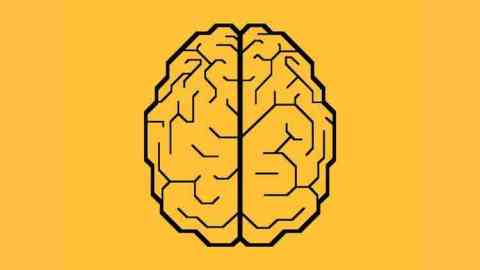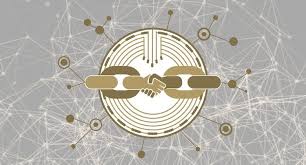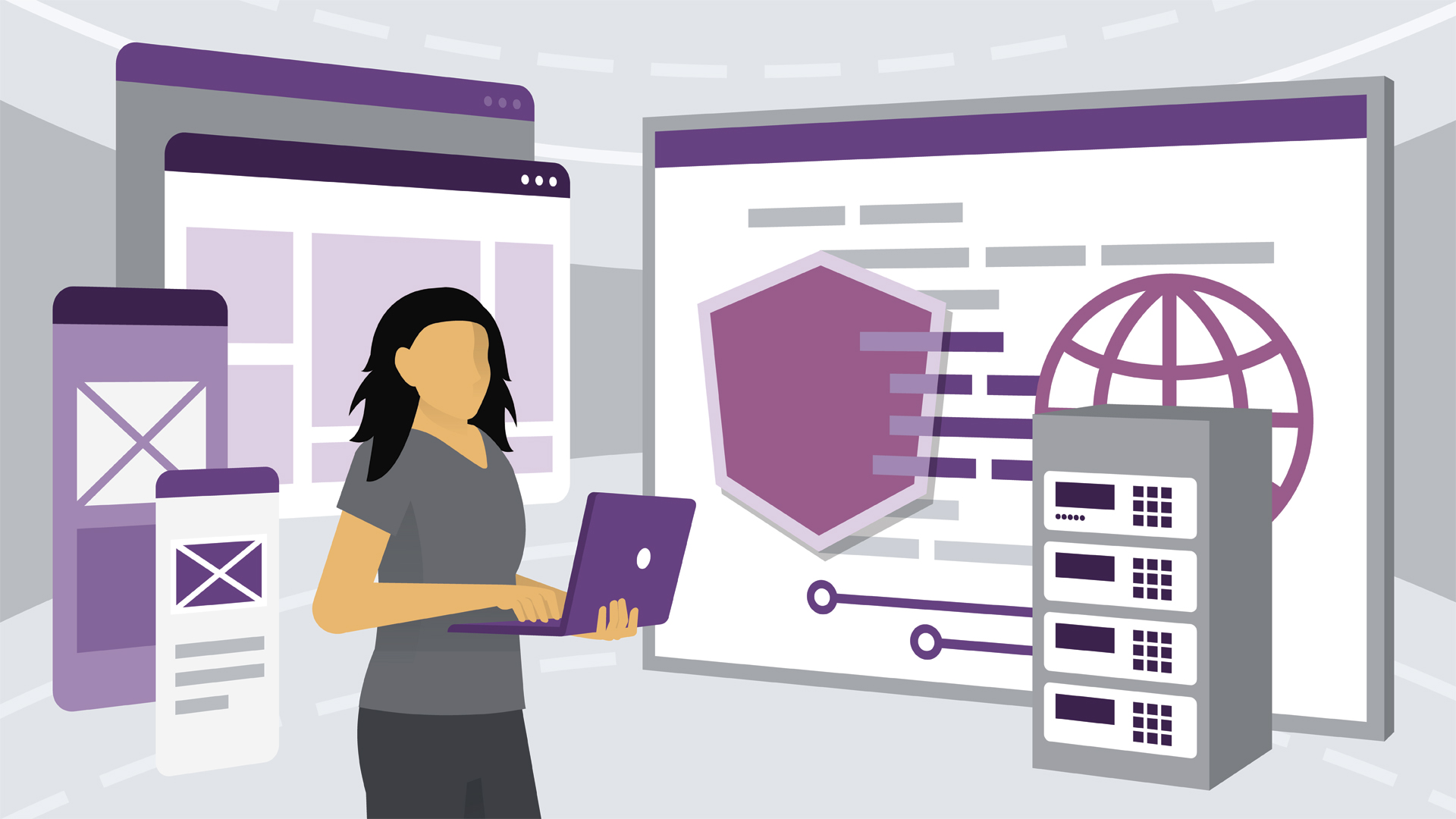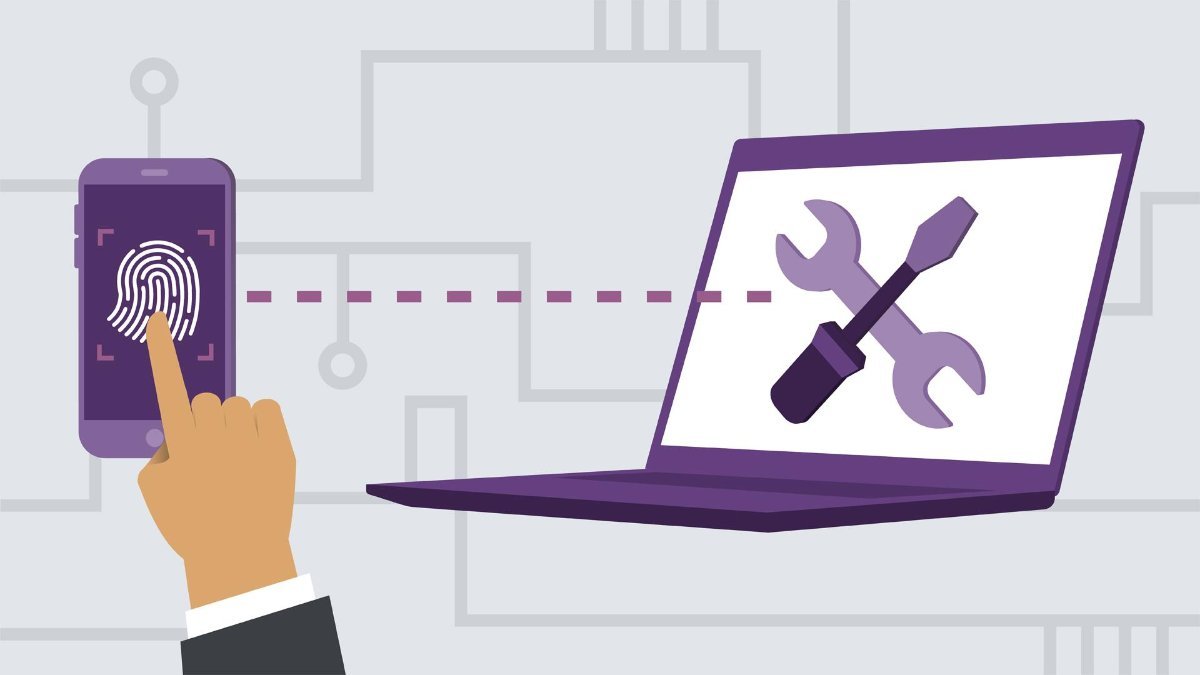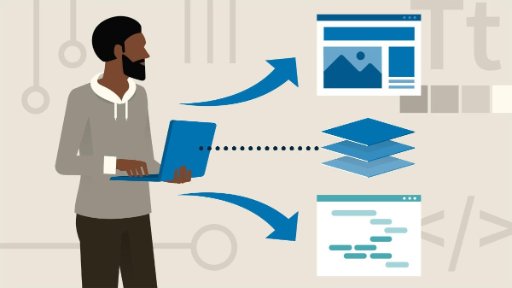Digital thinking tools for better decision making
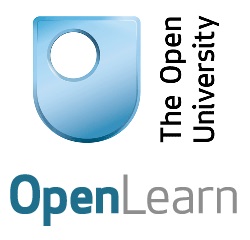
OpenLearn Review
Location
Online(Course Link)
Dates
On Demand
Course Categories
IT, Technology and Software
Certficate
Yes()
Language
English
Course Fees
FreeNo. of Attendant
Unlimited
Acquired Skills/Covered Subjects
- describe how digital thinking tools extend our natural capabilities
- use digital thinking tools to find information
- use digital thinking tools to analyse information
- use digital thinking tools to reason about information
| Provider Name | OpenLearn |
|---|---|
| Training Areas |
|
| Website | http://www.openuniversity.edu/ |
| About The Provider |
Since its launch in 2006, OpenLearn has become an integrated part of The Open University, with the site attracting more than 69 million visitors – many of which go on to make an enquiry about becoming a formal student, strengthening the journey between informal and formal learning. The OpenLearn team originate, commission and develop content that unites faculty and University priorities with areas of topical and general interest. This is in support of our own student population in their academic, skills and career and personal development (CPD) endeavours, delivering quality assets openly available for teaching and learning. OL deliver bite-sized learning experiences designed to fit easily into daily life, so whether you're a busy parent looking to get promoted at work, or back-packing across Africa and wanting to increase your learning, we are open with no requirements to access our free materials. Some of OL academic-led content includes: |
Ever since the very beginning of humanity, tools have played a pivotal role in who we are and what we do. Tools for recording, processing and communicating information have a time-honoured history – from the clay tokens used in Mesopotamia to mechanical calculating machines. The invention of the digital computer has boosted the scale, speed and reach with which thinking tools extend our natural capabilities. This free course Digital thinking tools for better decision making starts by placing thinking tools in their historical context and concludes with an examination of their future. During the course, you’re introduced to a wide variety of digital thinking tools. You will apply these tools in many practical activities and case studies, solving problems that involve finding and evaluating information, performing calculations and drawing reasoned conclusions







